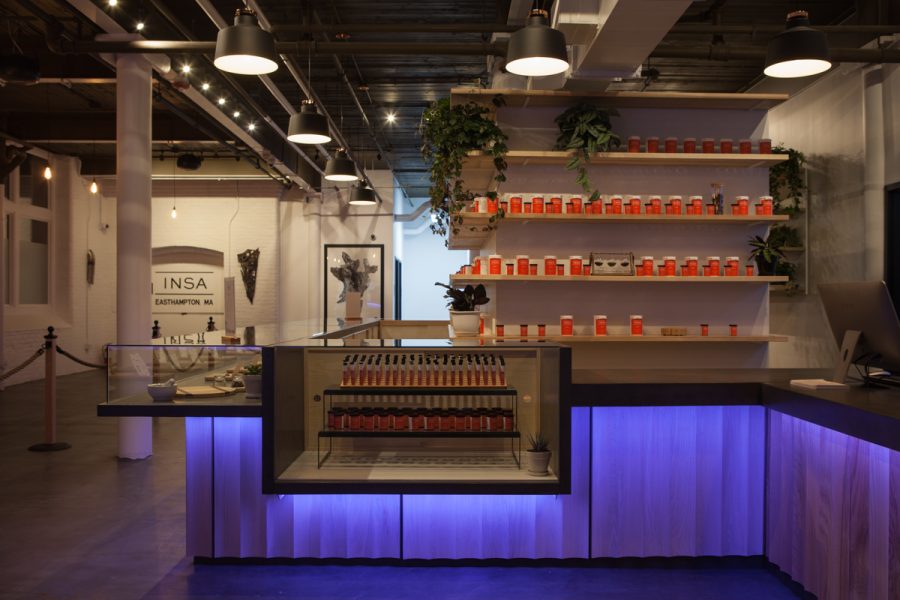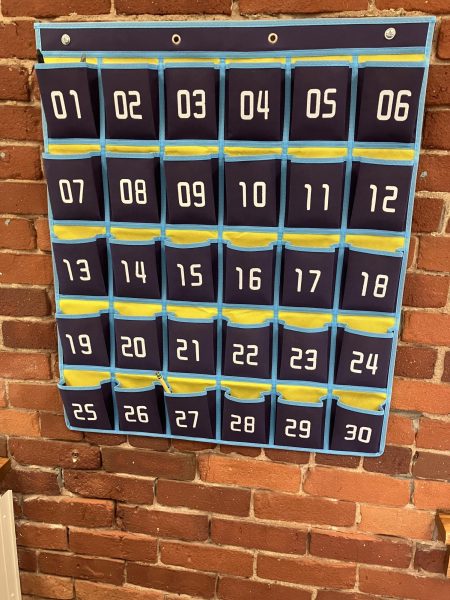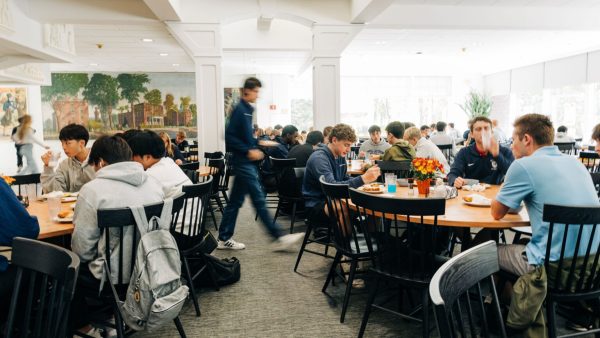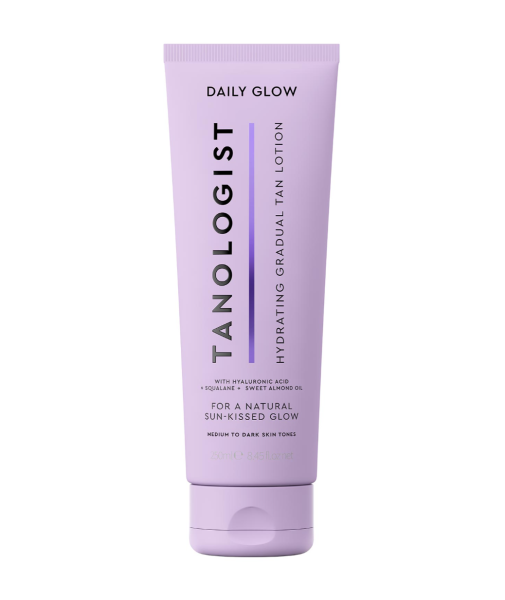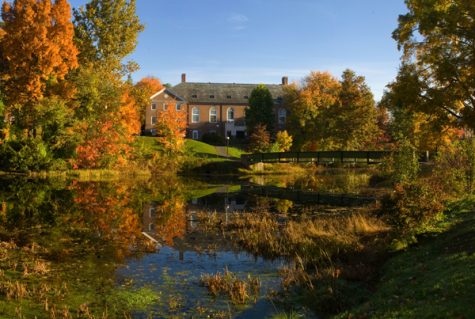Recreational Marijuana Facility Opens Close to Campus
Although the ballot initiative to legalize recreational marijuana in the state of Massachusetts was passed more than two years ago, the law was just recently put into effect on November 20, 2018, and now there is a facility close to campus.
The vote took place on November 8, 2016, with 53.7% of citizens in the Commonwealth voting to legalize the drug for recreational use. There are currently 16 provisional licenses provided to Hampshire county, which includes Easthampton. According to the Cannabis Control Commission established by the state, there are 224 available licenses for Massachusetts businesses, with 43 dispensaries already open.
Insa, a dispensary located in the Eastworks building in Easthampton, first opened on December 22. While some may worry about the business’ proximity to Williston, Head of School Bob Hill isn’t as concerned.
“I don’t want people thinking the school is compromised by the new businesses or policies,” he told The Willistonian. “All towns have had [liquor] stores, so I don’t think that this will be a huge shift.”
Hill attended some Easthampton City Council meetings about marijuana when the recreational licenses were being discussed.
“I’m not an expert, I’ve attended some meetings, and I understand that for some, proponents of the legalization of cannabis is purely business driven,” Hill said.
Although Hill doesn’t have any concerns about the dispensary’s location relative to campus, he is still committed to educating students about drugs and alcohol.
“Most of my concerns have to do with Williston students being fully educated,” he said. “Accessibility is always a concern, but I don’t think that a dispensary will necessarily heavily impact that. Students can always find ways to get things they’re looking for, it’s just about educating them about the consequences.”
According to the Student and Parent handbook, “Students who sell drugs or alcohol or who purchase or procure them for other students can expect to be dismissed on the first offense.”
Dean of Students Kathy Noble said that there was not much policy change after the law was put into place. In fact, the only time that pot is specifically mentioned is in a small section about medical marijuana.
The book states, “Students may not use or possess medical marijuana, be under the influence of medical marijuana, or possess any related paraphernalia while on the school campus or while attending any school-affiliated or school-sponsored events, whether on or off campus.”
Educating students about drugs is incredibly important to faculty administrators like Assistant Dean of Students Katherine Garrity, who teaches CORE classes for 9th graders.
“My goal is to educate the students about why people choose certain drugs or paths, and the consequences,” she said. “We talk a lot more about the effect on those who are still growing and have developing brains.”
She added, “Teenagers are far more affected than adults by drugs like marijuana and I think some students are surprised by how long marijuana can impact them after just one use.”
Chris Dietrich, the Dean of Enrollment Management, isn’t majorly concerned about the effect that the dispensary will have on prospective students and families.
“There have been a couple of families to bring it up,” Dietrich said, “but what I try to tell them is that there are, I think, five liquor stores in Easthampton, and they aren’t very worried about those.”
Dietrich told The Willistonian that his worries were driven away after a conversation with a businessman looking to get a license from the city of Easthampton.
“This guy making the bid, he told me flat-out that the licenses were so valuable that the security to get in and purchase marijuana would be as hard, or even harder, than that of alcohol,” he said. “That really made me feel better.”
Although the issue has been brought up occasionally, Dietrich said that around 60% of visiting families are from New England so they “know what’s going on and have been following the issue.”
Dietrich also isn’t worried about the location, though he did admit to wishing it was farther.
“I’d like it more if it were five miles away instead of a long walk, but so far the town has held up the state recommended distance from the school, and the location could be worse,” he said.
The admissions officer is also curious to see how the business changes after the initial drive of business.
“I am intrigued to see how it evolves,” he explained. “It’s only been a couple of weeks, but my sense so far is that I’m glad to see very limited traffic,” he laughed.
Referring to NETA, the marijuana dispensary in Northampton whose infamous lines have prompted police directing traffic, cars lined around blocks, port-a-potties surrounding the building, and hundreds upon hundreds of people in line, he added, “Sorry Insa owners, but I’m thinking that there’s a pretty minimal market for it in town, and most people go to the Northampton dispensary.”
Dietrich said, based on early observations, he doesn’t see Easthampton becoming a pot destination. “If there were like 100 people waiting in line on Saturday [when I drove by], yeah I would be concerned,” he said. “But there were like six, and if you compare it to Northampton, that’s nothing.”
The Northampton dispensary, which opened on November 20, reported sales of more than $2 million dollars in its first week, according to the Daily Hampshire Gazette. The business was just recently bought on January 14 by Surterra, a company with dispensaries across the country.
Repeated phone calls and emails to both NETA and Insa were not returned
Governor Charlie Baker, State Attorney General Maura Healey, and the Speaker of the State House of Representatives, Robert DeLeo, all opposed the bill, but vowed to respect the votes of the people and try to rollout the bill as successfully as possible.
Easthampton Congressman Richard Neal has previously voted yes on bills that allowed cannabis businesses to use banks, allowed VA doctors to recommend medical cannabis, allowed states to legalize medical cannabis, and allowed states to legalize recreational cannabis.
Currently, federal law classifies cannabis alongside heroin as one of the most dangerous drugs. According to a Quinnipiac poll, 94% of Americans support legalizing medical marijuana while roughly two-thirds of Americans support legalizing the drug for recreational purposes.
After November 6 of this year, 33 states now have legalized medical cannabis and 10 (and Washington, D.C.) have legalized it for recreational use.
Ellie Wolfe is a senior from Northampton Massachusetts. In her free time, she enjoys going for runs and hanging out with her friends, and runs The Willistonian...



